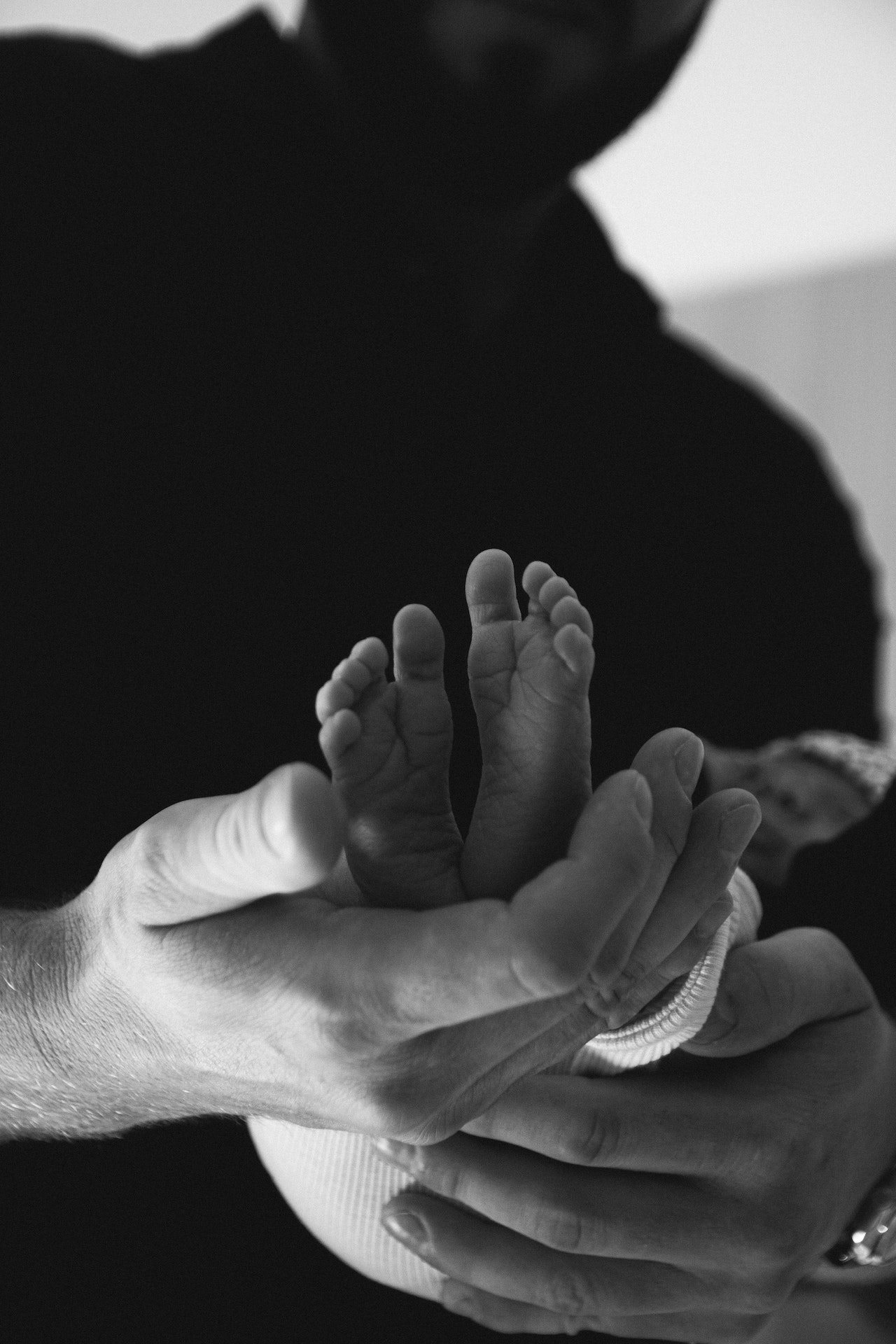Artificial Wombs: Radical trials for premature infants imminent

The Food and Drug Administration (FDA) advisory committee convened last week to explore the possibilities of conducting human trials for artificial wombs, raising hopes for the future of premature infants.
While artificial wombs have undergone rigorous testing in the realm of animal studies, they have never before been tested in human clinical trials.
Matthew Kemp, a prominent obstetrician at the National University of Singapore, articulated the sentiment, stating, “It’s a new treatment modality. The bottom line is they’ve got to make a really strong case that it’s better and safer in the short and long term than current treatments.”
Presently, medical interventions for preterm infants involve placing them in incubators, connecting them to ventilators, and providing vital nutrients and fluids through tubes. Artificial wombs, however, promise a more natural approach, closely emulating the prenatal environment.
Artificial wombs
Among the frontrunners in this pursuit, Vitara Biomedical has designed an artificial womb resembling a plastic bag equipped with tubes to deliver amniotic fluid, oxygen, and medication. It’s important to note that these innovative devices are not intended to replace the role of a human mother but rather to provide crucial support for infants born before the 28-week mark in pregnancy.
To advance into clinical trials, artificial wombs must demonstrate their ability to foster growth and development while reducing mortality rates and health complications compared to conventional treatments.
The panel emphasized the importance of fully informing parents about the risks associated with artificial womb technology. These risks could encompass infections, brain damage, or heart failure, along with the risks associated with the cesarean section required to remove the infant from the artificial womb.
Enjoying this article?
Subscribe to get more stories like this delivered to your inbox.
Neonatologist Shaliz Pourkaviani hailed the technology as “an amazing first step to potentially extending viability and improving morbidity and mortality outcomes for our preterm newborns.”
As the world eagerly watches the evolution of artificial womb technology, the debate surrounding its potential to reshape neonatal care continues to unfold, prompting both cautious optimism and rigorous scrutiny within the scientific community and beyond.
Read More News
Conservatives weirded out by Trans activists feeling threatened by anti child exploitation laws in Florida
The photo above is from
